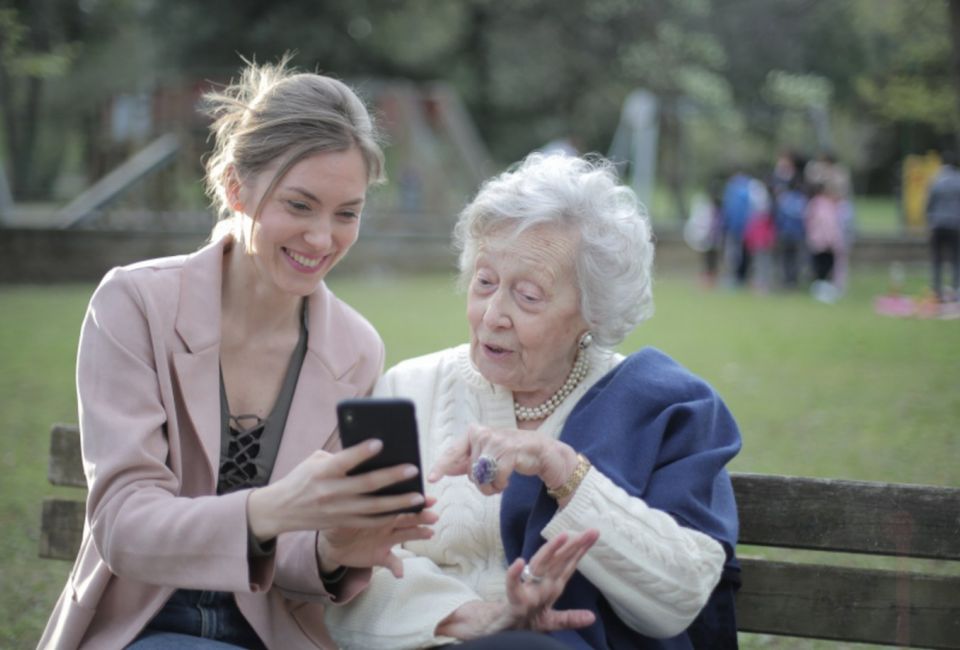
A report reveals that the digital solutions currently available to informal caregivers do not meet all of their needs
There are currently many information and communication technology (ICT) solutions in Europe for people providing care to those living with Alzheimer's disease. These solutions provide tools to help informal caregivers in areas such as reducing their workload, anxiety, stress and its negative consequences, and increasing opportunities for positive interactions and support. Many of these digital solutions involve co-creation methods in their design, which means they have been created with input from end users, who in this case are informal caregivers of people with Alzheimer’s disease.
However, according to a new report by the European research project Co-Care ('Co-Created ICT Solutions for Alzheimer's Informal Caregiving'), within the framework of the Erasmus programme, many of the ICT solutions available do not cover all the user's needs. The project is led by researchers at the University of Vic - Central University of Catalonia (UVic-UCC) through the Digital Care and M3O research groups, Confluència Solucions de Convergència Digital i Mobilitat and the Pasqual Maragall Private Foundation for Research into Alzheimer’s disease. Seven other institutions in Portugal, the United Kingdom and Belgium are also involved.
In its latest report, the Co-Care project presents the state of co-created solutions for the care of Alzheimer's disease based on ICTs (devices, applications and experiences) in Spain, Portugal and the United Kingdom between 2015 and 2020. The report is the result of an exhaustive bibliographical review of the relevant documents published in the last 5 years, and describes, analyses and classifies the ICT solutions selected according to their design and development process. The report also identifies limitations and gaps related to the needs of informal caregivers, and answers questions such as whether these ICT products have been created with their needs in mind, and whether they were included in the design process.
Lack of technological and digital resources
Despite the ICT solutions available, the research concludes that technological and digital resources are lacking in many important areas, such as the physical health of caregivers, the balance between responsibilities, and information on the legal regulation of care. It also states that investments have been made by organisations, companies and universities over the last five years to address the difficulties and limitations that carers experience in their daily lives, but there is still a great deal of room for development.
The state of play report lays the groundwork for the other work planned during the Co-Care project. The primary objective of Co-Care is to foster and increase co-creation in the design of digital Alzheimer’s care solutions for informal caregivers. It aims to create a training course for students and entrepreneurs in the fields of ICT, health and social care, and to develop a set of tools for caregivers to enable them to choose the technological tools that help them in their daily lives and with their needs. In order to develop these tools, it is essential to have an overview of existing ICT-based solutions for informal caregivers of people with Alzheimer’s disease designed through co-creation.
Read the report on the state of co-created solutions for caring for Alzheimer's based on ICTs.
Visit the Co-Care website for more information about the project and subscribe to our newsletter.